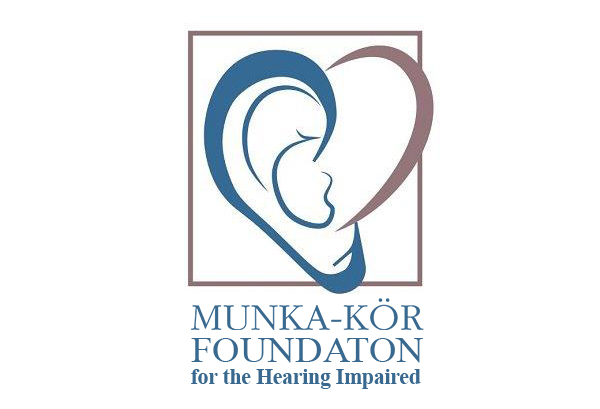AMTCC, the exchange of well-done practices in the field of adults education
Our foundation has just joined a new international project. In the project named AMTCC – Exchange of welldone practices in the field of adult’s education – (translated from French) consortium builds up from French, Hungarian, Belgian and Portuguese organisations, whose main aim is either to support handicapped groups or their business is related to labour integration and they have some experience to share.
The Hungarian project coordinator is Galileo Progetti Nonprofit Kft.
Who do we work for?
It might be difficult to imagine how many people live in Hungary who couldn’t learn the needed skills and key competences for having a vocation at school by any reasons. It might have happened because either this person didn’t attend school, or if (s)he did, his / her teachers may not have working practices to forward the knowledge to this student. Unfortunatelly the deaf and hard-of-hearing people need to face this situation quite often, so we would like to work for them while working in this project we have just joined.
What is the aim of this recommendation?
It urges EU governments to make teaching and learning of key competences part of their lifelong learning strategies. The recommendation identifies 8 key competences that are fundamental for each individual in a knowledge-based society.
- 1. Communicating in a mother tongue: ability to express and interpret concepts, thoughts, feelings, facts and opinions both orally and in writing.
- 2. Communicating in a foreign language: as above, but includes mediation skills (i.e. summarising, paraphrasing, interpreting or translating) and intercultural understanding.
- 3. Mathematical, scientific and technological competence:sound mastery of numeracy, an understanding of the natural world and an ability to apply knowledge and technology to perceived human needs (such as medicine, transport or communication).
- 4. Digital competence: confident and critical usage of information and communications technology for work, leisure and communication.
- 5. Learning to learn: ability to effectively manage one’s own learning, either individually or in groups.
- 6. Social and civic competences: ability to participate effectively and constructively in one’s social and working life and engage in active and democratic participation, especially in increasingly diverse societies.
- 7. Sense of initiative and entrepreneurship: ability to turn ideas into action through creativity, innovation and risk taking as well as ability to plan and manage projects.
- 8. Cultural awareness and expression: ability to appreciate the creative importance of ideas, experiences and emotions in a range of media such as music, literature and visual and performing arts.
For the target group of our foundation even the first bullet means a barrier. Teaching sign language for the deaf children is not common in the Hungarian educational system, so their sign language competences cannot be developped either. Neither the hard-of-hearing children receive enough help to improve their communication skills. With this communicaion barrier the less lucky students are totally closed out to get the rest of the key competences, so that they can’t evvectively seek for a job.
Identifying the related good practices
Most of the AMTCC partners are from organisations which send handicapped employees to the labour market. Their job is to examint and identify the currently used good practices which are necessary to find out and make the key competences and to make methods and educational units to share and forward these good practices.
The share of the knowledge will happen during educational trips: the French, Belgian and Portuguese partners host the Hungarian delegation (which contains maxumum 8 attendees of the Hungarian partners) in order to share the training and to let them forward the knowledge to the target group. Our task will be the same for the training we proeuce out of our good practices.
What do we hope?
We, the Munka-Kör Foundation for the Hearing Impaired, would like to give our knowledge our partners and make practice out of theory. We also want to share with you everything we learn.
We will take part in the first official event in mid-November. We are looking forward to it!






